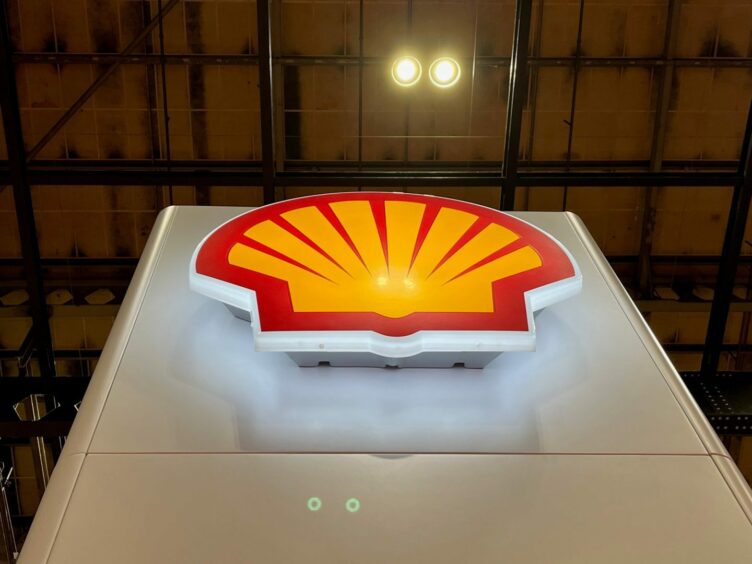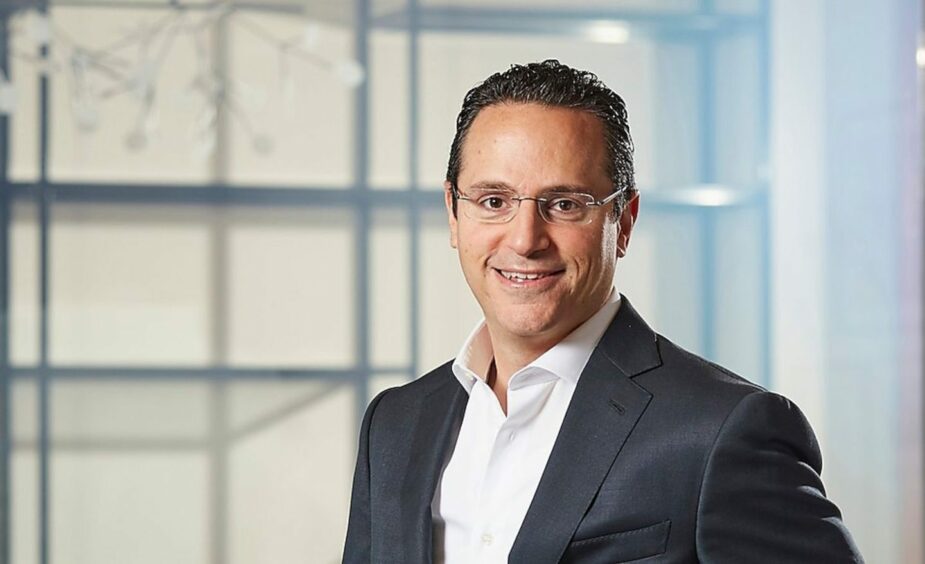
Shell reported $11.2 billion in pre-tax profits for the third quarter, on the back of higher oil prices and refining margins – a figure level with the same period last year and more than double that of Q2 2023.
Shell’s (LON:SHEL) own adjusted earnings metric reached $6.2bn – down by around a third on the highs of 2022 but up around 25% on Q2. Total revenues rose slightly to over $76bn, meeting reported analyst expectations.
The supermajor also confirmed plans for a further $3.5bn in share buybacks, to be completed by its Q4 2023 results announcement.
It would take the group’s total shareholder distributions for 2023 to around $23bn – roughly the same as its whole-year capex spend estimated at $23-25 bn.
“Shell delivered another quarter of strong operational and financial performance, capturing opportunities in volatile commodity markets. We continue to simplify our portfolio while delivering more value with less emissions,” said CEO Wael Sawan.
“Shell is commencing a $3.5 billion buyback programme for the next three months, bringing the buybacks for the second half of 2023 to $6.5 billion, well in excess of the $5 billion announced at Capital Markets Day in June. This takes total announced shareholder distributions for 2023 to ~$23 billion.”
Across the quarter integrated gas production fell by 9% due to higher planned maintenance at Prelude, in Trinidad and Tobago and production-sharing contract effects in Pearl GTL.
Meanwhile, upstream production rose slightly on the previous quarter due to higher performance in deep water.
However its renewables and low carbon solutions arm saw an adjusted loss of $67m, which it blamed on seasonal impacts in Europe, trading and optimisation, and higher operating expenses.
Looking to the rest of the year it expects gas production of 870,000 – 930,000 barrels of oil equivalent per day (boepd).
LNG liquefaction volumes are expected to be approximately 6.7 – 7.3 million tonnes, due to ongoing maintenance at Prelude and lower expected liquefaction volumes from Egypt.
Upstream production is expected to be approximately 1.75-1.9 million boepd, a forecast that reflects the closure of the Groningen gas field in the Netherlands – a joint venture with Shell and Exxon Mobil.
Sawan maintains profit focus
The results come as chief executive Wael Sawan – who took the helm at the energy giant at the beginning of the year – has continued to refocus the group on its core oil and gas business in a bid to improve returns to investors.
In addition to shedding its consumer energy arm, last week the company confirmed plans to cut around 200 positions from its global low-carbon solutions (LCS) business next year and review more than 100 other roles, amid a pull back from light mobility and hydrogen markets.
In a statement the company said it aimed to transform LCS “to strengthen its delivery on our core low-carbon business areas such as transport and industry.”
‘Contrast’ with BP
However the performance may spare it the fate of rival BP, which was singled out amongst its peers and downgraded to a ‘sell’ rating by one analyst, having fallen short of earnings predictions.
Stuart Lamont, investment manager at RBC Brewin Dolphin, said: “Shell’s results are a contrast with BP’s earlier this week, more or less matching expectations on the back of rising profits. Comparisons with last year, when oil prices first began their surge, were always going to be tough, but the company has managed to deliver.
“Another share buyback should be good news for shareholders, but there is little said about its plans to achieve net zero in today’s update – this remains a longer term concern for many, after the company announced its decision to focus on oil and gas production earlier this year.
“With the geopolitical environment still volatile, oil prices look likely to continue recent rises which should mean a strong final quarter for Shell.”
Allen Good, director of equity research at Morningstar said the performance demonstrates Shell’s appeal “given the relatively better earnings and increase in repurchases.”
“Shell’s quarter stands in sharp contrast to peer BP who reported a larger decline in earnings, kept repurchases constant and recorded large write off in their renewable power business. This makes Shell’s CEO renewed focus on returns more timely and likely more appealing for investors.
“Shell remains preferred choice among European integrated oils, even if valuation is slightly less attractive.”
Panmure Gordon’s Ashley Kelty said the outturn was due to Shell having a different product mix to that of BP, making for a softer impact from falling gas prices.
“Overall, SHEL results were broadly in line with consensus estimates, and the increased buyback should cheer investors,” he added.
 © Shell
© Shell